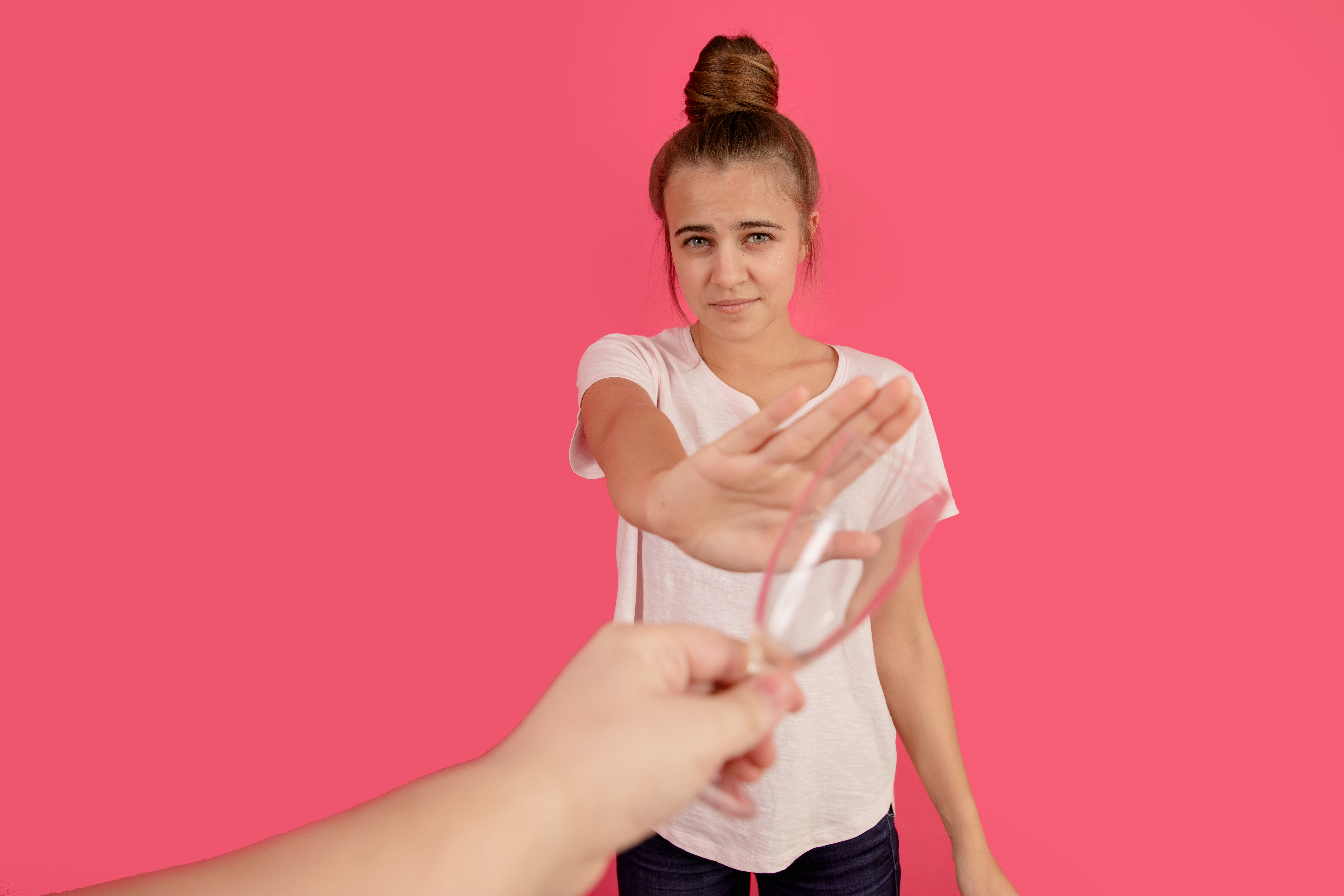Are you young, healthy, compassionate and curious about egg donation? You’ve come to the right place – we’re here to answer your most pressing questions about being an egg donor.
WHY DOES EGG DONATION EXIST?
With egg donation, women who cannot have children using their own eggs are able to have children. While the baby is not linked to the recipient genetically, the recipient can breastfeed that baby, and, of course, carry and deliver the pregnancy.
WHO SHOULD DONATE THEIR EGGS?
Typical egg donors are between 21-31 years of age, are generally healthy and have no history of sexually transmitted diseases or infectious diseases. A blood screening would also show evidence of good egg quality and quantity. Generally, donors also find the idea of helping a couple complete their family rewarding.
HOW OFTEN CAN YOU DONATE YOUR EGGS?
In the U.S., women can donate their eggs up to six times.
HOW MUCH DO YOU GET PAID TO DONATE YOUR EGGS?
Women who donate their eggs through Ovatures get compensated $10,000 for each cycle.
ARE THERE ANY RISKS?
While egg donation is very safe, as with any procedure, there are associated risks. For example, the donor will receive medication to stimulate her ovaries to produce multiple eggs. In a very small percentage of patients, the donor may show signs of hyper-stimulation. With the latest protocols, this occurs less than one per cent of the time. The extraction of the eggs is done under anesthesia and is considered a minor surgical procedure. This procedure has little risk and takes only 15 minutes.
IS EGG DONATION SUCCESSFUL?
Yes – pregnancy for women using donor eggs hovers between 55 and 65 per cent, whereas pregnancy rates for women using their own eggs begins to decline at 35 years old, according to the Centers for Disease Control and Prevention. For example, a 44-year-old woman has less than a 10 per cent chance of getting pregnant using her own eggs, but a 65 per cent chance using eggs from a donor.
IS EGG DONATION GROWING IN POPULARITY?
Yes – according to the Centers for Disease Control and Prevention, from 2005 to 2014, the number of IVF cycles with donor egg increased by approximately 27 per cent. To put it simply, about 1 in 10 IVF cycles involve a donor egg today.




